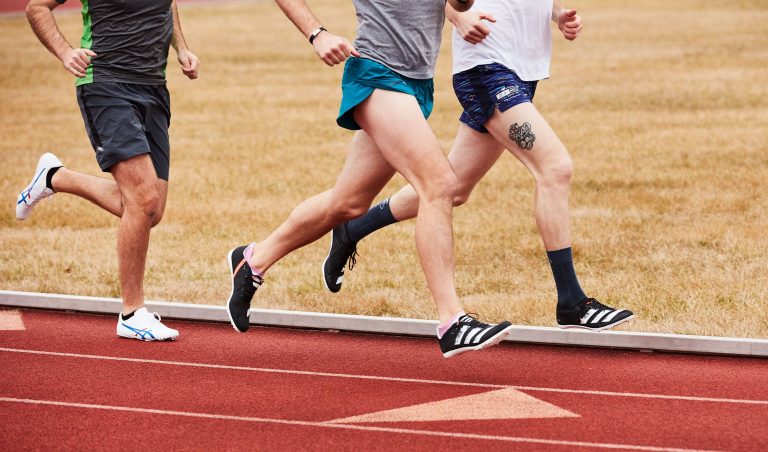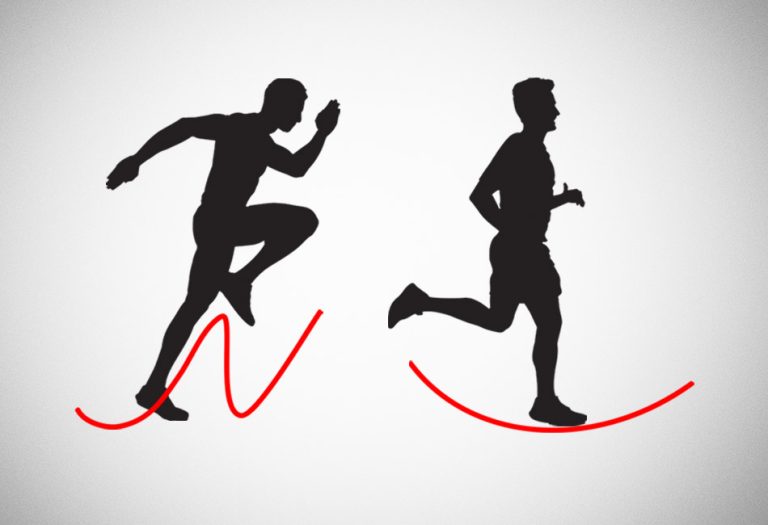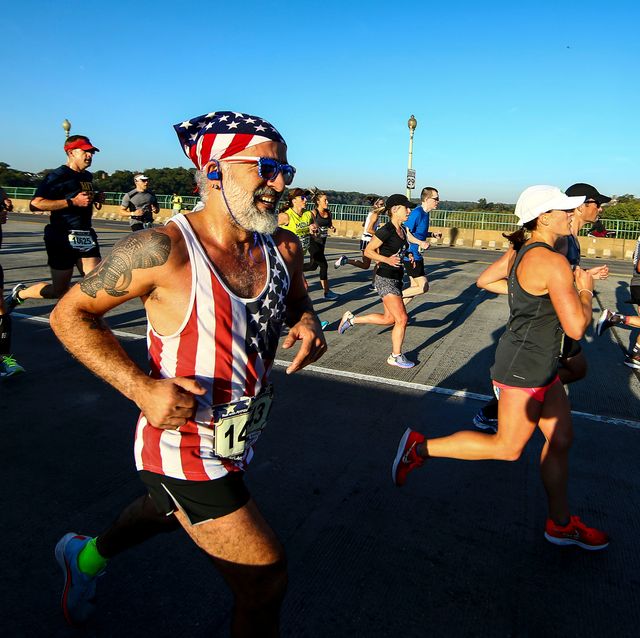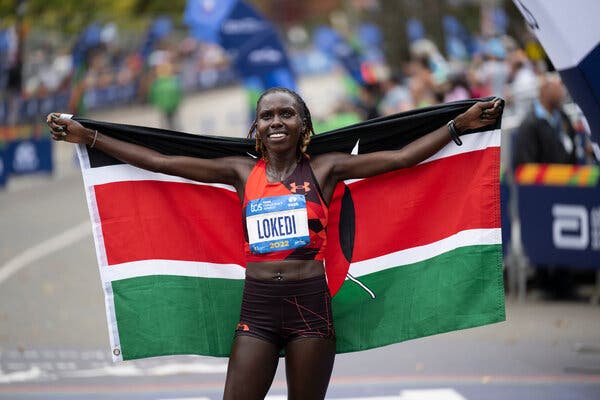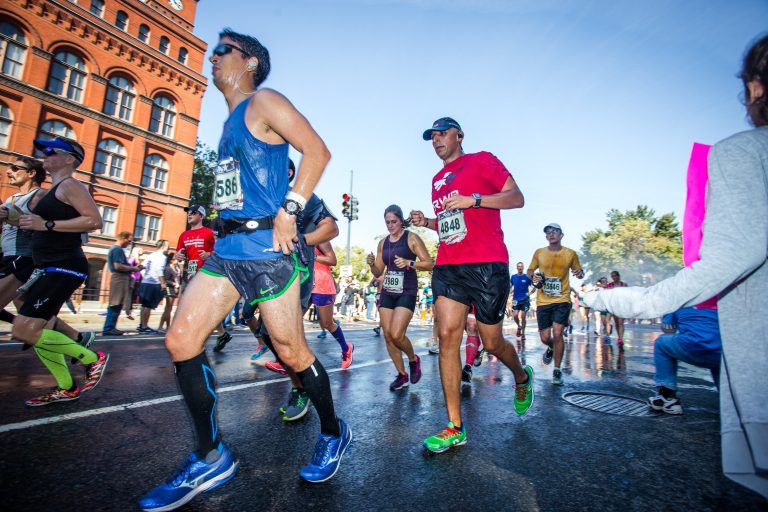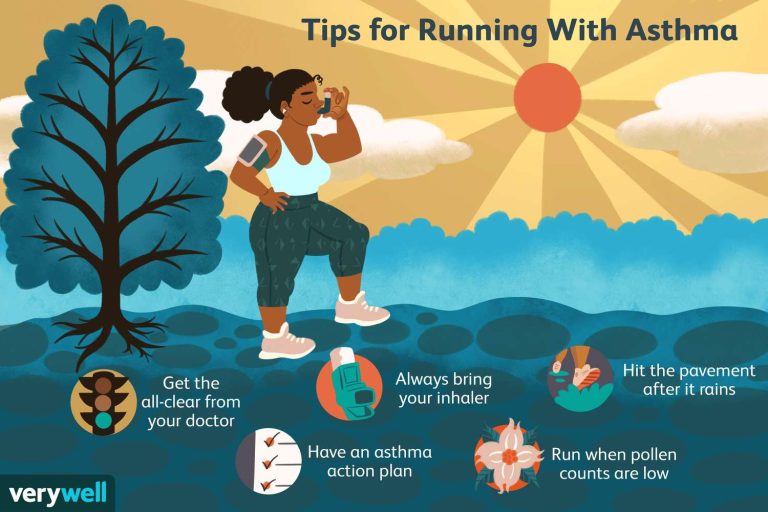How to Get Marathon Fit
To get marathon fit, start with a gradual training plan and focus on building endurance and strength. Incorporate long runs, speed work, cross-training, and rest for optimal results. Marathon training requires dedication, consistency, and proper fueling to improve performance and prevent injuries. By following a structured training program and listening to your body, you can…



